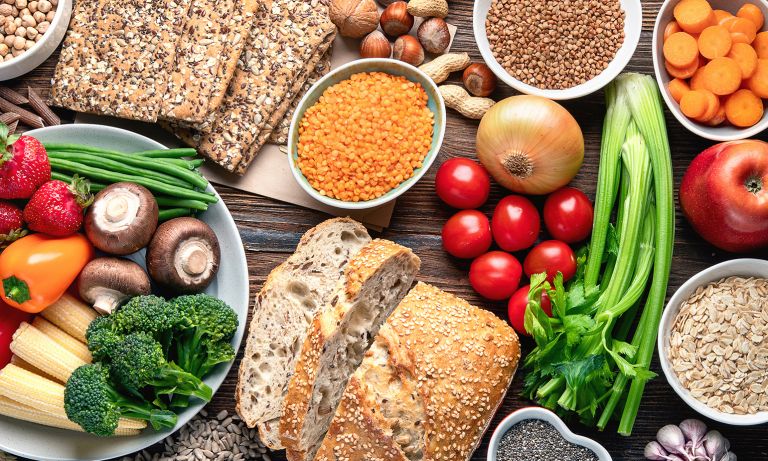Halal Travel – How to Enjoy Halal Foods With Your Loved Ones
Islamic food traditions can be traced back to the early period of Islam, when it was founded by prophet Muhammad (SAW) in Arabia. Halal (legal) food is referred to food which adheres to the Islamic legal code, and also known as shariah. A large number of practicing Muslims also follow shariah in their daily lives, especially in relation to their business transactions. Some of the principles implemented by the religion are as stated below:
Cleanliness is a major factor in all religions. It is important for Muslims to keep their food clean and hygienic. Muslim women are required to follow certain rules related to cleaning, preparation and food storage. They should strictly follow the rules about not eating or drinking from water, utensils, plates, and silverware used for food preparation. Cleanliness is considered as one of the five essential aspects of Islam.

The ingredients used in the food are also an important feature of Islamic food traditions. Halal food is considered to be food that is clean, fresh, and hygienic, and does not carry any harmful ingredients or harmful practices. The word “halal” means “lawful” or “legal”, and “food” is the word used for foods which are not allowed in the Islamic countries. This includes pork, blood, fish, shellfish, lard, meat that is obtained from animals, carcass of dead animals, alcohol and caffeine. There are several types of sauces used in the Middle East.
One of the main features of Islamic food traditions is that food is only eaten after praying. The Quran is the word used for the Koran, which is a book containing the word of god. The turn is used as a guideline by Muslims when eating, making calls, and deciding about important issues related to life. It is considered by most Islamic Muslims to be the ultimate divine book, and all Muslims follow its guidance in everything they do. Therefore, it is not acceptable to eat non-kosher food that is not mentioned in the Koran.
Islamic food traditions are based on the idea of task, which is the legal observance of Islamic law under the guidance of the prophet Muhammad (SAW). Tawak is considered to be very important for Muslims because it is what ensures that Muslims are not allowed to commit any acts of aggression, murder, theft, or fraud. According to Islamic law, all livestock should be slaughtered in front of the animal. The blood is to be dried in the sun, and then the meat is taken away from the animal according to age, size, and breed.
Islamic food traditions also state that before feeding animals, they must be clean and well fed with grain or dates. This is so that their bodies will be ready for the journey to Mecca. When travelling, food ingredients should be ready by all means, especially fresh fruits and vegetables. In fact, non-Muslims may refuse to be fed by Muslim passengers with the reasoning that their food might contain pork or alcohol. Therefore, the travellers are required to bring fresh meat or poultry with them.
In order to enjoy the halal food traditions, a traveler cannot take food that was prepared using ingredients that were introduced after Arabic countries were conquered by western powers. Some examples are Greek and Roman food styles. It is best to stick to types of food native to the country where you were born. This way you are able to get to know the cuisine and how it is prepared. If you wish to enjoy these traditions, then you may visit a halal, friendly restaurant.

By learning about halal food you will become more familiar with the customs of the people of the Islamic world. This is beneficial in two ways; firstly, you will get to appreciate food more and secondly, non-muslims will respect your beliefs more because you are able to explain them in such a simple manner. This is just one of the many benefits of being able to learn about halal food.


